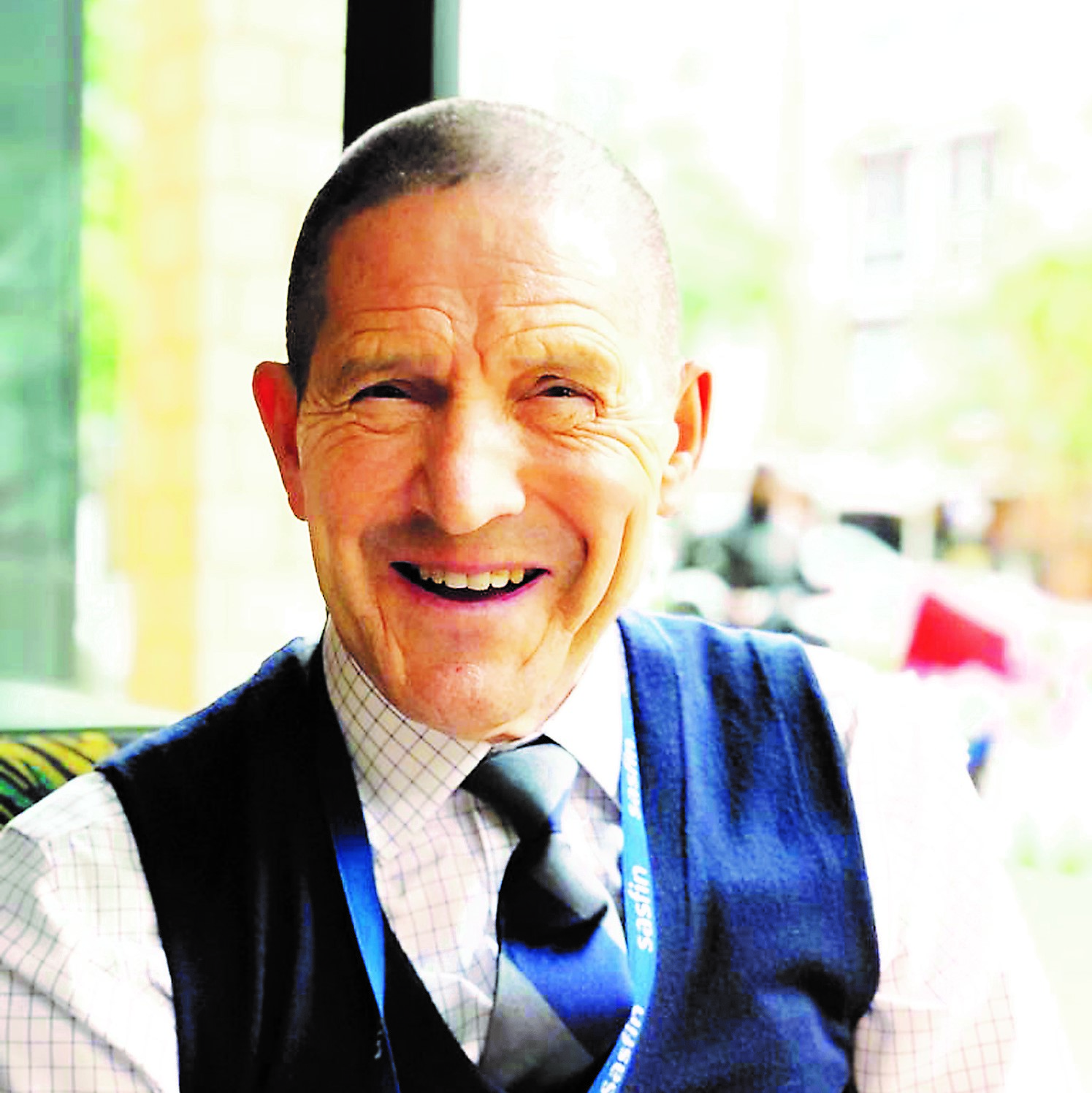
Lifestyle/Community

Only thing certain is mega change ahead, says David Shapiro
d=f
“Analysts, commentators, economists, and central bankers are battling to understand what’s happening and how things are going to play out,” he said. “We haven’t had a situation like this before. There’s no playbook. You can’t go back to the old textbooks. They don’t work because of the uniqueness of what we’ve gone through. We had COVID-19, and now we have the war in Russia, lockdowns in China, and other issues.”
Shapiro, in his thirtieth year on the Johannesburg Stock Exchange and a multiple Raging Bull Award-winning fund manager, was speaking about the factors affecting the economy during his talk at the Union of Jewish Women House in Johannesburg on 13 June.
He said there was still plenty of capital, investment, and innovation across the globe, and encouraged by the continual advancement in technology, he was looking forward to an “exciting” future. “I think we’re going into a 10-year period of major investment globally, massive development, and huge changes in the way that the economies work.”
Shapiro envisions changes in the way business is conducted. “Computers are starting to think like humans,” he said. “This means that business is going to become a lot easier. You can start typing a sentence and the computer will finish it for you in better phraseology than you could have used, or you could put a few notes in, and it will compose a song.”
He said that with the emergence of 5G, phenomenal things could be achieved. “You can’t have autonomous vehicles without 5G. You’ll be able to have an operation in South Africa with a surgeon in another country.”
Shapiro also spoke about the introduction of electric vehicles, “not in South Africa, unless you want to keep a generator in your boot”, he said to laughter from the audience. “But globally, people don’t want to drive fossil-fuel road vehicles anymore. They want electric vehicles.
“With the war in Ukraine and the reliance of Europe on fuel from Russia, the problem is that you can’t replace it elsewhere. There’s just not enough resource at the moment because there hasn’t been new investment. That’s why petrol and fuel prices, amongst other things, have just rocketed, and will continue to do so.
“That’s not going to change. I don’t think the world is going to go back to reinvesting in fossil fuels. We’re going to continue with renewables – solar power, wind power, and various other means of creating energy.”
Shapiro said South Africa was a blessed country with many natural resources. “We just can’t make use of it, and most of that is political.”
In South Africa, many obstacles stand in the way of building factories, Shapiro said. “When you want to invest, they say, ‘We’re going to tell you who your partners are going to be, where you can buy your wood, and where you buy your stationery.’ You create so many rules and obstacles, and nothing takes place.”
When COVID-19 arrived, hospitals were unprepared, the vaccine rollout was sluggish, and there was no global co-operation to formulate policy to address the disease, said Shapiro. “That’s part of the reason why health is going to attract an enormous amount of money.”
People are revenge buying, he said. “Having been locked up for so long, they’re just letting go, starting to spend, and wanting to do things. Zara has announced staggering numbers of people who are getting out of their tracksuits and just going out and buying pink and canary-coloured clothes. What’s also astonishing is that luxury sales are still staggering. If you want to go into an LVMH [Moët Hennessy Louis Vuitton] store in certain countries, you actually have to make a booking.”
Concern about inflation dominates the headlines, said Shapiro. “We haven’t had inflation since the 1970s and 1980s. It’s hard to understand where we are with regard to inflation at the moment. But people are struggling, and we’re facing price increases which we haven’t experienced globally. What brought this about is that when we came into 2022, we expected things to be tough. We weren’t planning for a good year. I didn’t expect the markets to do anything. We had some very good years in 2020 and 2021. The markets were very strong, driven by low interest rates, which central banks had to implement, and by stimulus measures to overcome COVID-19.
“Now, governments and central banks are trying to reverse their balance sheets to try and get life back to normal. What we didn’t know was that Putin was going to invade Ukraine. That completely messed everything up. The strange thing is that neither Ukraine nor Russia are big economies in the global context, but they were big producers of food, energy, sunflowers, wheat, and maize. Now, Ukraine can’t get maize and wheat out of its ports, so the price of goods goes up.”
Shapiro said the biggest problem by far was Europe’s reliance on Russia for gas and energy. “If you ban those imports, it will cause destruction. That’s what we are battling with at the moment.”
He said a “rethinking of associations” would be an offshoot of the war. “You don’t want to deal with Russia anymore. You don’t want to deal with China. You want to confine your dealings with authoritarian countries. You want to deal with like-minded people.”










